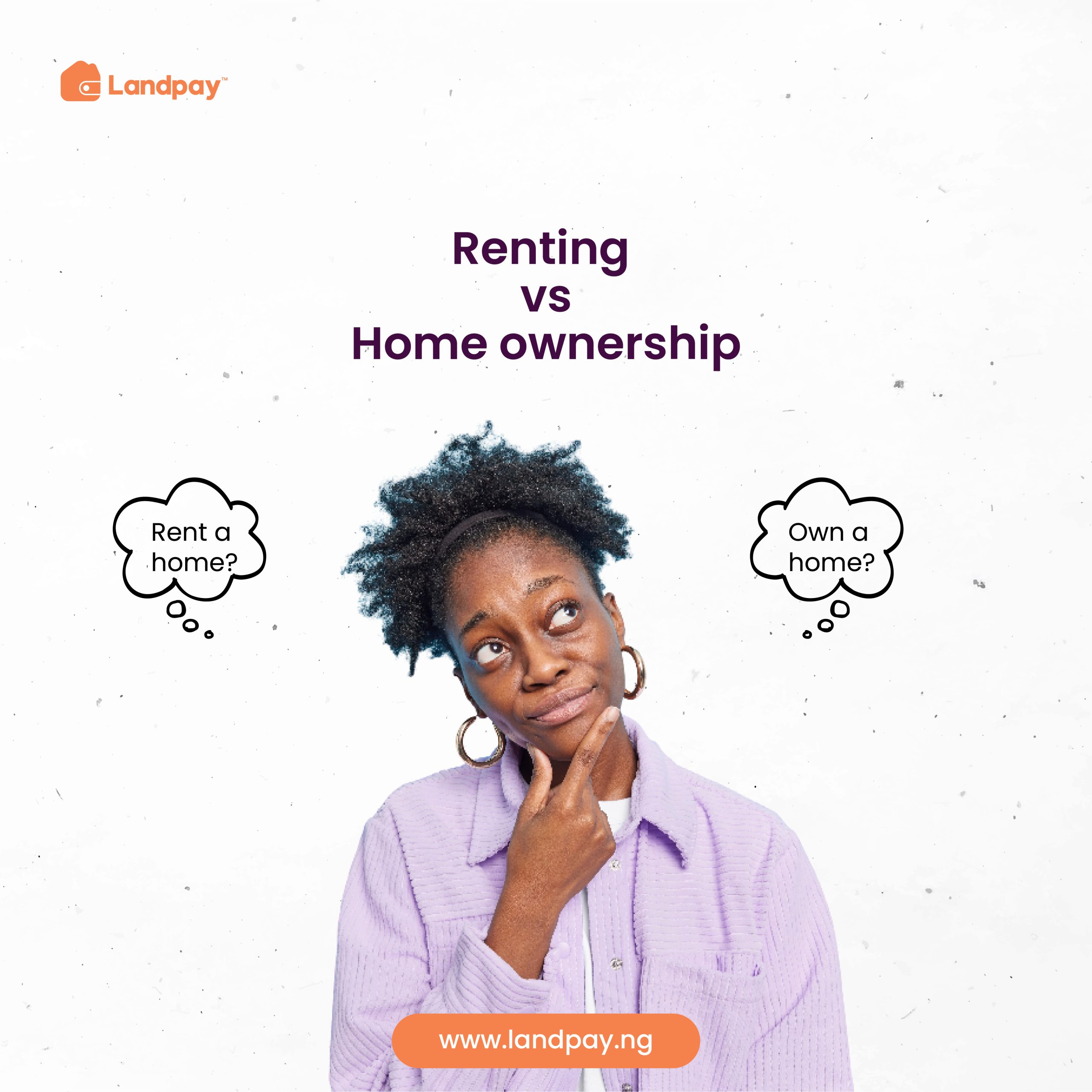
Choosing to rent or buy a home is a decision that comes with its own set of benefits and shortcomings. It is accompanied by various factors, including flexibility, long-term financial advantages, and initial expenses.
RENTING
Below are key aspects regarding renting to help you make an informed decision.
Benefits of Renting
Flexibility: Renting provides the freedom to relocate more effortlessly, without the entanglements associated with selling property. This adaptability is advantageous for individuals anticipating frequent moves prompted by career advancements or lifestyle adjustments.
Reduced initial expenses: Renting requires lower initial payments compared to buying a home. While renters may need to pay a security deposit and possibly first and last month’s rent, these expenses are generally more affordable than a down payment and closing costs associated with purchasing a home.
Maintenance responsibility: One of the benefits of renting is that tenants are not responsible for major maintenance and repair costs. Landlords typically handle maintenance issues, saving tenants both time and money.
Demerits of Renting
Limited long-term financial benefits: Renting does not offer the same long-term financial benefits as homeownership, such as building equity or potential property value appreciation. Rent payments do not contribute to asset accumulation or ownership.
Limited autonomy: Renting entails residing in a property owned by another individual, curtailing your ability to personalize or renovate the space. Landlords might impose constraints on decorating or altering the property.
Renters are subject to potential rent increases at the end of lease terms or when signing new rental agreements. These increases can impact budgeting and financial stability over time.
BUYING
Building a house offers the opportunity to customize the home according to your preferences and needs.
Benefits of Buying a House
Building equity: Building equity through homeownership is a significant advantage, as it allows you to increase your ownership stake in your property over time, potentially leading to increased wealth and financial stability.
Control: Homeownership provides stability and control over your home. You have the freedom to customize and renovate your home to suit your preferences without seeking landlord’s approval.
Tax benefits: Tax advantages are available to homeowners, including deductions for mortgage interest and property taxes, potentially leading to substantial long-term savings.
Demerits of Buying
Higher Initial costs: Purchasing a home usually demands a significant initial financial commitment, including a down payment, closing expenditures, and possible fees linked to inspections and property valuations. These expenses might pose a challenge for numerous potential purchasers.
Maintenance: Homeownership comes with the responsibility of maintaining and repairing the property. Homeowners must budget for ongoing maintenance costs, including repairs, renovations, and property taxes.
Less flexibility: Compared to renting, owning a home can limit flexibility, especially if you need to relocate quickly. Selling a home can be a lengthy and complex process, potentially delaying your plans to move.
Conclusion
The decision to rent or buy a home depends on individual circumstances, financial goals, and lifestyle preferences. Renting provides flexibility and lower initial expenses but may lack the potential long-term financial advantages. Conversely, purchasing a home offers stability, opportunities to build equity, and potential tax benefits, yet demands a substantial upfront investment and ongoing maintenance obligations. By thoughtfully considering the advantages and disadvantages of both choices, you can select the option that best fits your present circumstances and future goals.
Leave a Reply